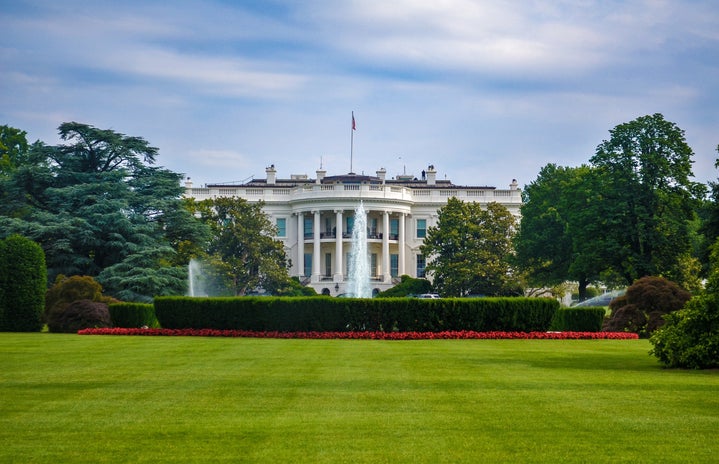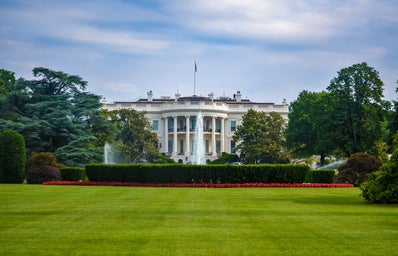There are many things that our current president doesn’t seem to care about, but perhaps one of the most concerning should be his complete disregard for a concept that truly ‘makes America great’: separation of church and state.
On Thursday, Trump signed an executive order that will ease restrictions on churches that wish to support political candidates and promote political agendas. Under the Johnson Amendment, churches can lose their tax-exempt status if they decide to promote or condemn a political candidate or position.
The implementation of this order, which will lessen these restrictions, will further blur the line between church and state and diminish individual liberties. The order also opposes Obamacare by letting employers deny their employees access to contraception in the insurance plans they offer them.
According to The Washington Post, at a ceremony celebrating the order Trump said, “We’re a nation of believers. Faith is deeply embedded into the history of our country.” This statement itself shows Trump’s lack of concern when it comes to separating church and state.
Calling America “a nation of believers” ignores that America is a nation of religious diversity, with people of many different religions as well as people who do not subscribe to any religion at all. Characterizing America as a religious country and falsely implying that faith has any place in law-making is extremely misguided. We are not a nation of believers; we are a nation of believers, non-believers, and everything in between.
What churches and Trump don’t seem to understand is that there is a big difference between expressing your own religious beliefs and having a pastor on stage present a sermon at a church publicly proclaiming that his/her political belief is the morally right one or some sort of ultimate truth.
Allowing churches to be able to endorse political candidates without any penalties gives more power to these religious organizations at the expense of individual thought. Churches should not have the right to endorse candidates as moral or immoral and still retain a tax-exempt status.
Furthermore, allowing business to not cover essential women’s health services in their insurance plans is an attack on women’s rights and is not something that employers should have the right to decide for their employees. According to YahooI Beauty, “Screenings for sexually transmitted infection, for HIV, other key screenings like domestic violence screenings, well-woman visits that are included care for trans individuals could also be excluded for employees of religious institutions.” Not offering these essential health care services is not “religious liberty”, It’s discrimination.
“Religious freedom” doesn’t mean that one religion gets to make laws that limit other people’s rights. It doesn’t mean churches or companies get to decide what people do and don’t do with their bodies, and it definitely doesn’t mean that churches should have absolute freedom to endorse political candidates as god’s chosen ones.
On a side note, If Trump wants to continue to constantly attack the media for being biased (or being “fake news”) he should remember his opposition to organizations telling people what to think when he plans executive orders favoring churches’ “freedom of speech” over individuals’ freedom of thought.
Allowing citizens the right to think for themselves is the more important type of “religious liberty.” People should not be told who it is morally right to vote for by their place of worship or denied services by employers that want to tell them what they should or shouldn’t do with their own bodies.
The Johnson Amendment helps keep churches from unfairly presenting purely political beliefs as truth and should be respected, and the Obamacare clause requiring companies to offer essential health services to their employees should be maintained.
Individuals’ rights need to be put before the rights of churches. Of course, prioritizing individual rights over the rights of business and other organizations has never quite been Trump’s style.

